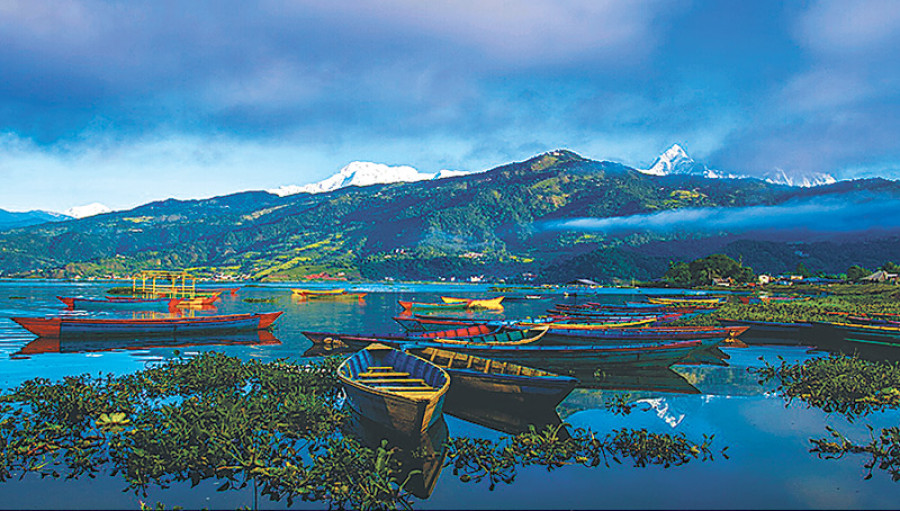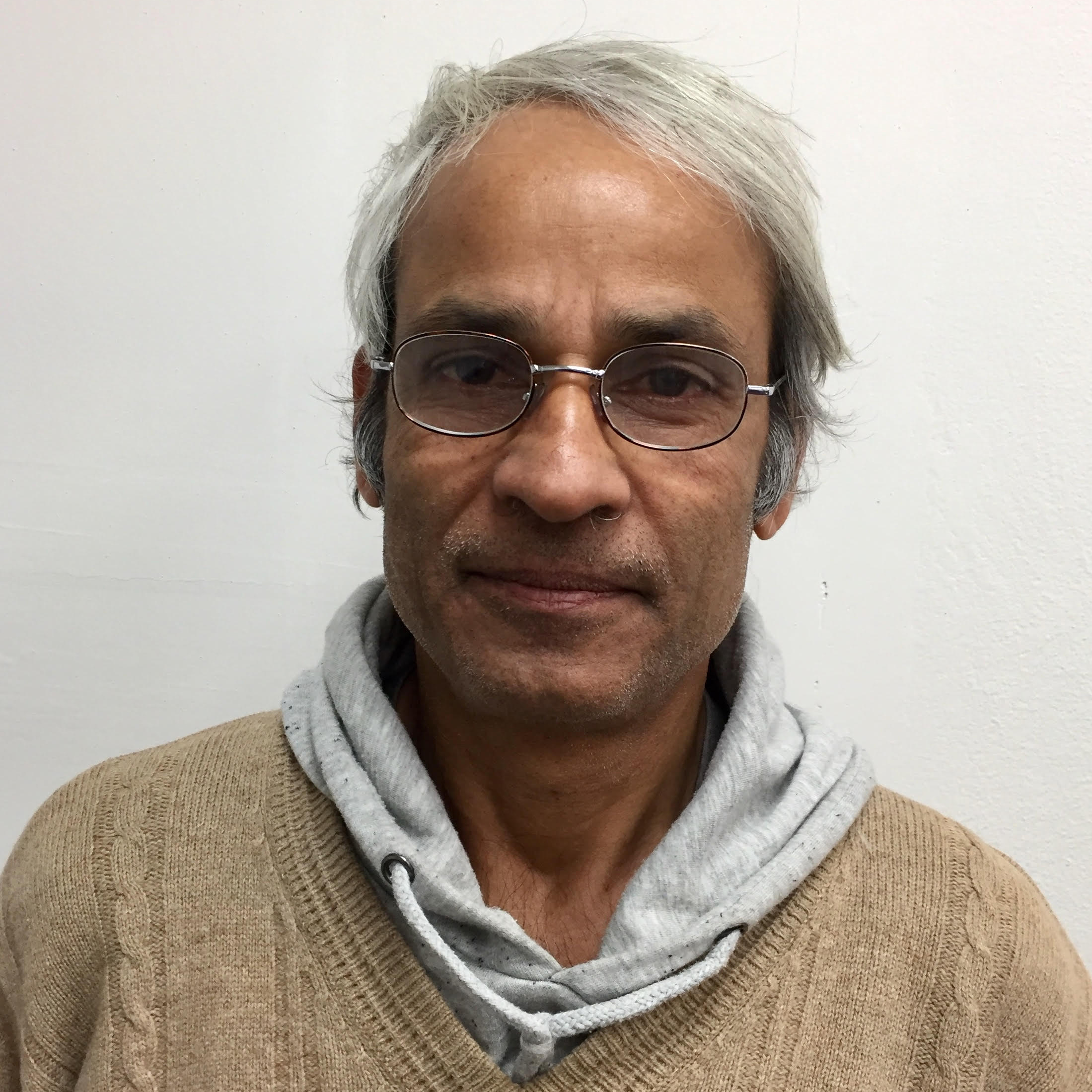Opinion
Local elections in Pokhara
People are encouraged by the possibility of positive change through a local government
Jagannath Adhikari
I have witnessed how upbeat people in Pokhara are about the upcoming local elections. They expect that the elections will help resolve many local problems related to complex issues such as irregularities in construction of houses, illegal buildings and settlements, management of urban waste, conservation of the Fewa Lake and provision of other urban services. Once addressed, these pressing issues will enhance tourism and reduce environmental problems. People are encouraged by the possibility of positive change through a local government formed under the new constitution.
Better equipped locals
After the first local elections in the 1990s, Pokhara did well in terms of fostering development and improving the environment. The municipality was able to attract foreign funds to improve urban infrastructure in line with its long-term vision developed through a participatory approach. The municipality also improved its capacity to manage the rapid urban explosion in Pokhara. In comparison with the pre-1990 political condition, the political bodies at the municipality and the subsequent wards also became more diverse and inclusive. People were able to contact the heads of their local wards and approach the municipality to resolve problems they faced while dealing with the government or municipality officials. These were some of the benefits of having a local government. When dirty politics was going on in the central government in Kathmandu in the early 1990s, there was some political order in Pokhara. Perhaps this was the case in other local political bodies too.
The aftermath of political change led to the dissolution of elected local political units, and with no elections for nearly two decades, government bureaucrats have been managing these political units. All-party mechanisms were created to give guidance to the bureaucrats. On the other hand, this collaboration became a vehicle for corruption and sharing of spoils due to a lack of accountability and checks and balances. Though there were no municipal councils, various committees were in place, where people’s representatives could raise issues of corruption and mismanagement.
In addition, the changing of local rules to solve emerging local problems became increasingly harder. The bureaucrat-run local political units were not adaptable to change; they were also not accessible to people. As a matter of fact, bureaucrats generally did not implement innovative ideas, as it would raise questions and prove risky for their position. In Pokhara, the result of this mismanagement was manifested in haphazard construction of houses, encroachment on open public spaces and delay in the provision of official services. Corruption started to increase. It is clear that many houses in the tourist areas violate the building code. Many tall buildings have been constructed, each obstructing the view of the mountains and the lake. Hoteliers compete to build taller buildings with the aim of providing tourists with the view of the landscape and attracting them to the hotels.
Many buildings have also been constructed in locations reserved for open space and greenery as per the tourism master plan. These buildings are used for hotels, shopping centres, restaurants, book-shops, department stores, other entertainment centres and the like. All these buildings have not obtained permission from the government. However, they were constructed without restriction or monitoring from the concerned authorities. As it will be extremely difficult to demolish these buildings, locals feel that these structures should be legalised through due process; this could also generate huge amounts of revenue. At present, the local government is missing out on this revenue base. People now feel that the local political unit will be better equipped to deal with these locally specific problems. There are many such opportunities to undertake actions that are legal and desirable. This would be possible if local governance bodies are fully formed through elections.
Buying votes?
A new trend has also emerged in Pokhara, which needs to be taken in a positive light. People feel that the leaders who are elected in the local elections can bring positive changes in local development as the constitution has given local bodies some self-ruling power. People who are enthusiastic about making a contribution to their municipality or wards have thus been attracted to the local elections. For example, professionals such as engineers and university teachers who did not show interest in competing for political positions at the local level are now increasingly drawn to them.
Additionally, there is an expected increase in confidence in the election system as there are now measures to prevent forgery. That said, I have also witnessed some worrying trends. For example, candidates are competing to spend money in their campaigns. In one ward, a candidate of a party declared that he could spend about Rs20 million for the local elections, part of which will go towards buying votes from squatters and the rest towards campaigning and buying muscle power. I was told that the same party’s ward office organised a motorcycle rally in which about 150 motorcycles participated and about Rs300,000 was spent on fuel and dinner. Now it is expected that votes will be bought in wards with higher concentrations of poorer people.
Despite high enthusiasm for the elections, most local leaders across political parties had expressed scepticism about holding the elections on time. However, despite the murky political climate at the national level and diversion of attention to other issues such as the impeachment of the chief justice, it now looks as though the elections will indeed be held.
Adhikari comes from Pokhara and is the author of the book ‘Pokhara: Biography of a town’




 9.6°C Kathmandu
9.6°C Kathmandu










